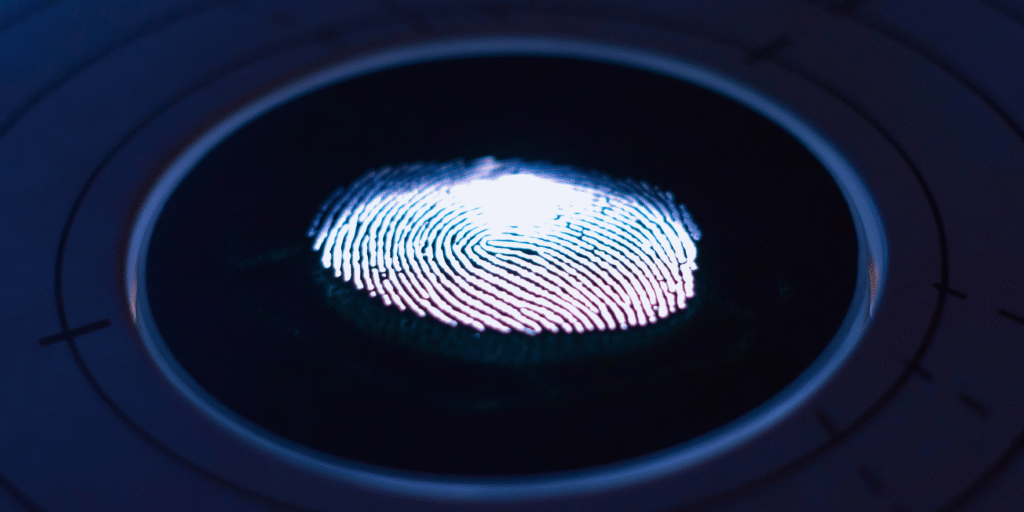

Jonathan Gonzalez
Public Sector


The COVID-19 pandemic pushed governments around the world to accelerate investments in digital technologies to both broaden the range of public services offered digitally and to ensure these services can continue working securely and uninterrupted.
It comes as no surprise, then, that an increasing number of governments are focusing on developing or expanding the digital identity (ID) systems that are essential to the provision of digital public services.
Digital ID systems create unique digital identifiers that can be used to verify the legal identity of a person.
These identifiers can contain traditional information (name, address, date of birth), more advanced biometric markers (thumbprints, facial or retinal scans), or any combination thereof. Once created, a digital ID allows a person to be authenticated on any digital channel, be it a government portal or a commercial platform.
In fact, digital IDs go far beyond simple identification or legal compliance. They can make public and private services accessible to more people, acting as key innovation enablers, leading to higher transparency, and boosting inclusive economic growth.
For such benefits to materialise, interoperability must be put at the centre of governments’ digital ID systems.
Indeed, ensuring that one person’s digital ID can be seamlessly recognised and validated on several platforms, and in several countries, is a key condition for digital ID systems to be truly useful to people all over the world.
Currently, use cases are being rapidly developed and piloted for travel and employment, as well as for enhancing access to a wide range of public and private services. For instance:
Recognising the importance of cross-border interoperability of digital ID in economic development, digital transformation, as well as regional economic integration, many countries are making their digital ID systems interoperable on a bilateral or a regional basis.
For instance, Singapore and Australia signed the Singapore-Australia Digital Economy Agreement (SADEA) on 6 August 2020 and then signed a series of Memorandums of Understanding (MoUs) on emerging areas such as digital ID.[1] The United Kingdom’s DEA[2] and MoU[3] on digital ID with Singapore followed a similar pattern. Similarly, the Free Trade Agreement signed between Australia and the UK includes a separate chapter on digital trade, with provisions for increasing the compatibility of digital identity systems.[4]
This agreement-based approach offers many advantages, including:
There are, however, bottlenecks that may restrict progress in terms of attaining full interoperability across digital ID systems.
Chief among them are the lack of clear definitions and common terminology; the different accreditation criteria and requirements across countries: the lack of international alignment on digital ID standards; the different approaches to dispute resolution and fraud; and the divergent regulatory environment for data protection and privacy laws.
Addressing these challenges will require countries to not only align on overarching principles and common terminology, but also to undertake interoperability assessments of the legal frameworks for data management and protection of personal data, technical standards and architecture, identity assurance levels, and treatment of liability in each country.
Based on this, common frameworks of rules, requirements, and operational protocols can be developed. In parallel, governments must also work with the private sector and academia to develop and scale use cases for cross-border interoperability.
Access Partnership’s Global Government Advisory (GGA) team works with governments to tackle such challenges and successfully develop policies and frameworks that support digital ID ecosystems.
From policy analysis and formulation to economic impact assessment, we offer public-sector decision-makers specialised advisory, research, and training services that maximise the benefits of digital transformation. Reach out to Faiza Saleem or Jonathan Gonzalez to find out more.

